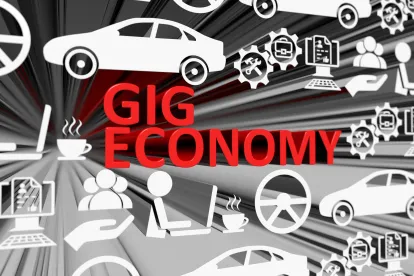As we wrote here just several days ago, Californians were facing the seemingly unimaginable this week– the possibility of living without ride share services for the foreseeable future.
In short, a state court judge issue a temporary restraining order (“TRO”) requiring ride share companies to treat their drivers as employees in purported compliance with AB 5, California’s controversial new law that only permits workers to be classified as independent contractors in most industries if they satisfy an “ABC” test.
After the same judge refused to stay the TRO during the pendency of the ride share companies’ appeal beyond the initial 10-day stay, the ride share companies made clear that they might cease operating in California effective midnight on Thursday, August 20. 2020, gearing up instead for the November ballot initiative when California voters will decide for themselves whether to pass Proposition 22, which would allow ride share and food delivery companies to treat drivers as independent contractors.
As thousands of Californians likely wondered aloud how they would go back to driving each other to the airport and finding designated drivers for evenings on the town, the Court of Appeal stepped in and issued an emergency stay of the TRO such that the ride share companies are not required to treat the drivers as employees – at least for now.
In the order, the Court of Appeal set a September 4, 2020 deadline for the ride share companies to submit sworn statements setting forth their “implementation plans” to comply with California’s controversial AB 5 within 30 days if the Court upholds the TRO and if Proposition 22 does not pass in November.
So, once again, the stage is set for a ballot showdown in November. By passing Proposition 22, voters would effectively take this issue out of the courts’ hands.
And if you know how Californians have reacted the past few days to the mere possibility that they might not have ride share services for the foreseeable future, you might have a good sense how they will vote in California when a “no” vote on Proposition 22 might mean that ride share and food delivery companies will stop doing business in the state.
Of course, there will be a tremendous irony if Proposition 22 passes. It is no secret that AB 5 was aimed at ride share and food delivery companies – and it could end up being the case that companies doing business in California must comply with the controversial statute except for the very companies at which it was aimed.



 />i
/>i
